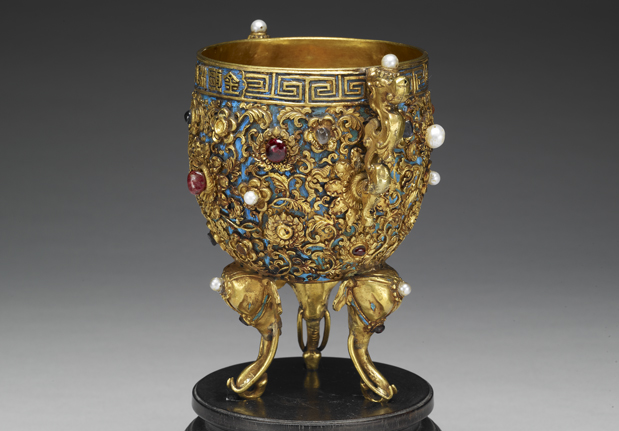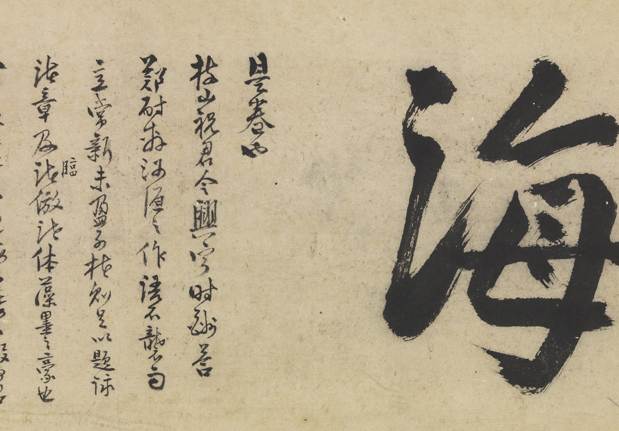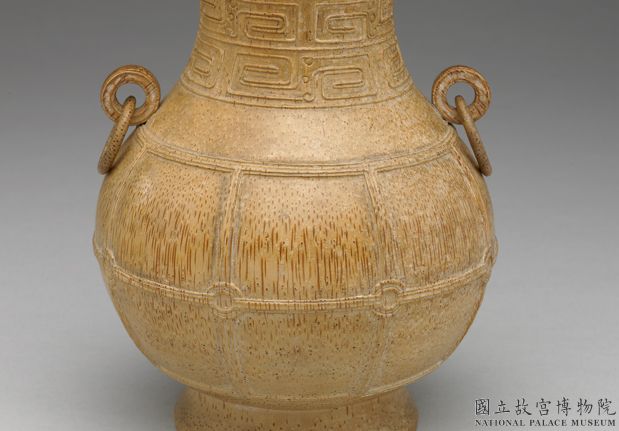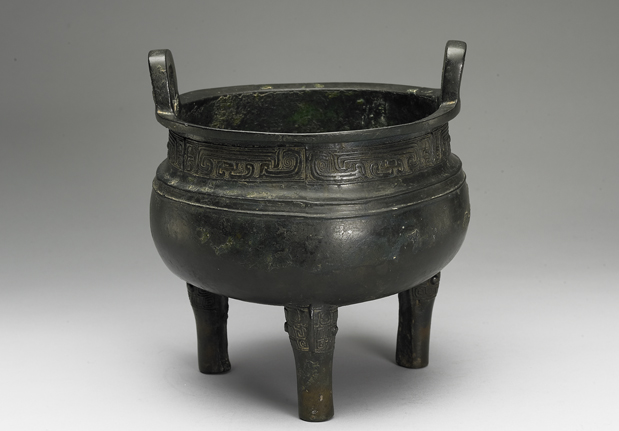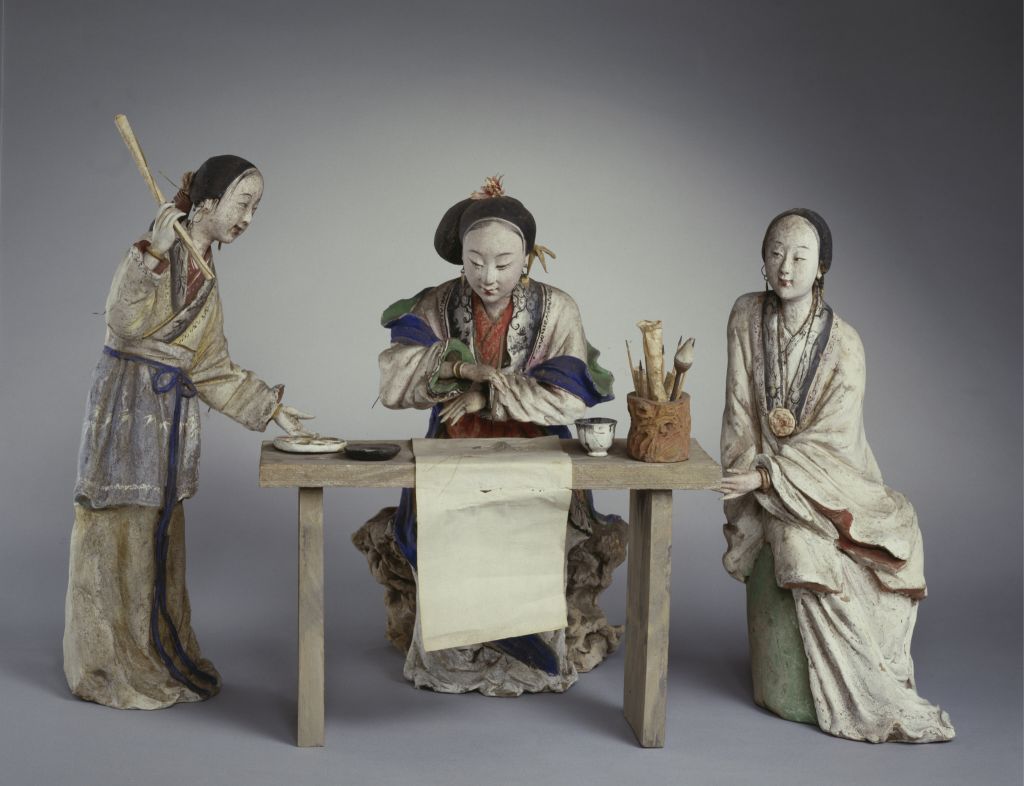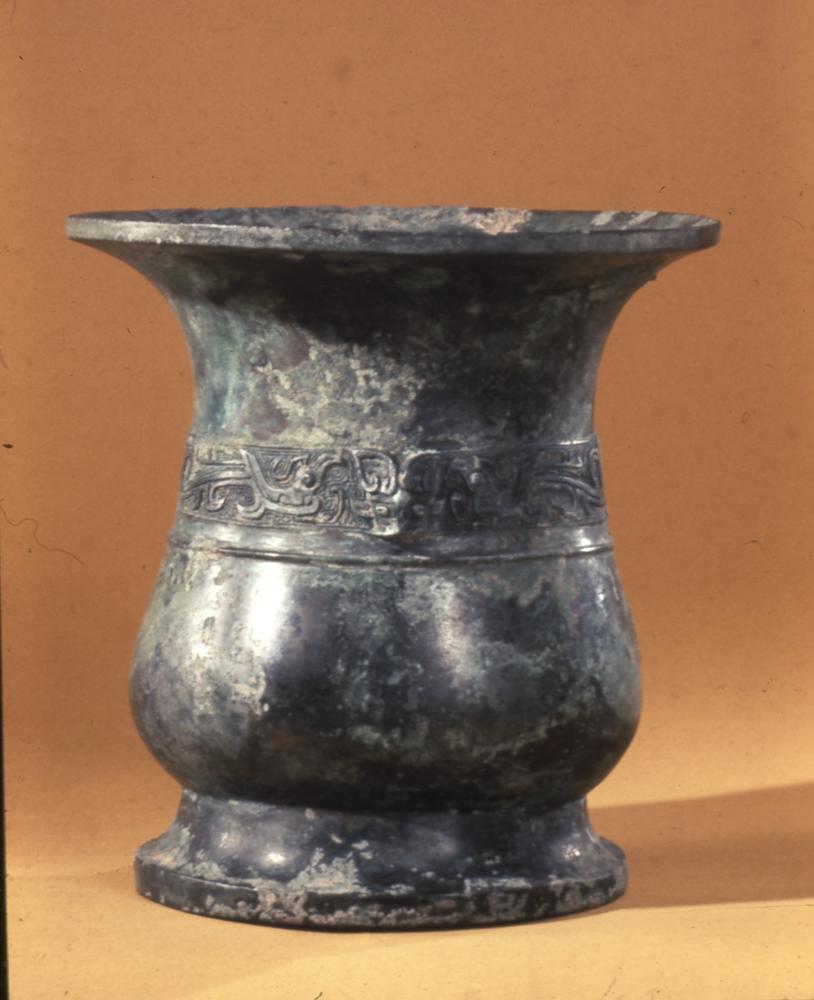[Xuwei’s running script seven-letter poem axis]
The seven-letter poem axis, Ming Dynasty, Xuwei’s script, paper version, running script, 125.5 cm vertically and 33.5 cm horizontally
Interpretation:
The 16th Festival and the Changzhi Bozhongchen Literature Collection are located in the corner of the city
On a good night, I flew to the moon and the moon and the autumn. I heard about Luzhou
When the city is flooded with solitary mirrors, the bright river is thousands of feet away from the stream of people
It was sunny and rainy last night, and drunk slowly (click here) called the red skirt slowly down the stairs
Since ancient times, it’s hard to predict whether it’s cloudy or sunny, so don’t forget to wear fur at night
Taoist Xu Wei of Tianchi
The fund is signed with “Taoist Xu Wei of Tianchi”. Seal the “Chief” and “Quanqi” in white
This is a seven-letter poem from the book. The title of the poem is “The corner of the city after the 16th day”, which is found in Volume VII of “Xu Wenchang’s three episodes”. Some words and sentences differ from the poetry collection
Xu Wei’s calligraphic style is unbridled, calm and unrestrained, and vigorous, which is highly praised by the calligraphers. The biography of Xu Wenchang, written by his hometown friend Tao Wangling, commented on Xu Weiyun: “Wei is good at cursive script, and is especially good at it.” Although the pen in this book is not as unrestrained and continuous as cursive script, it is more fluent and free than regular script. The shape of the book is varied, or oblique, or leaning on the side, and it is done at will. There is no sense of affectation, so it is simple and natural
![图片[1]-Xu Wei’s seven-letter scroll of running script-China Archive](https://chinaarchive.net/Ming dynasty/model calligraphy/52098[1024].jpg)
